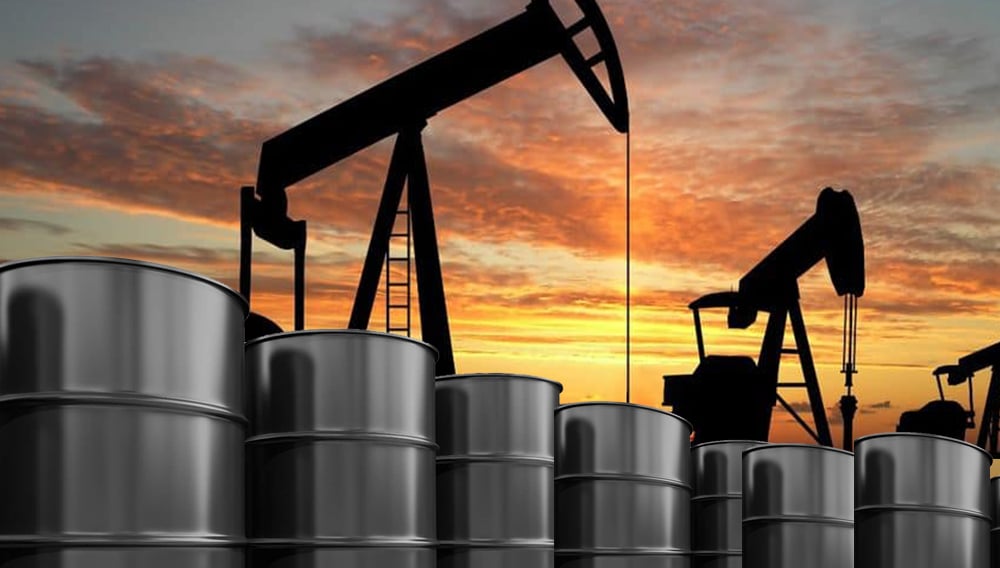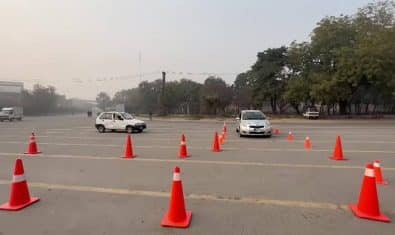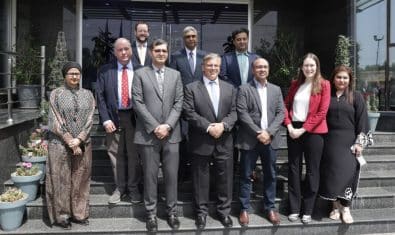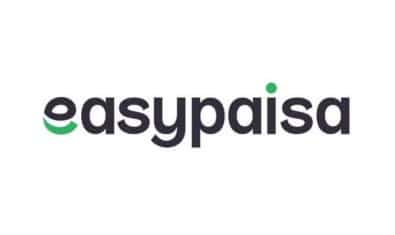The oil industry has warned the government that maintaining product rates despite the escalating international prices will disrupt supply chains and increase the oil industry’s circular debt.
The Oil Companies Advisory Council (OCAC), which comprises more than two dozen oil refineries and marketing firms said, “Based on the critical condition of the industry and increasing trend in POL prices, we urge you to ensure that no further petroleum differential claim (PDC) is imposed on the industry as it will have an unmanageable impact on the cash flows of the industry and may also lead to catastrophic disruption in the POL supply chain”.
In the fortnightly oil price review scheduled on 31 January, Prime Minister Imran Khan had rejected the Ministry of Energy’s proposal to raise the prices of petrol and high-speed diesel (HSD) by Rs. 11 and Rs. 14 per liter respectively to forward the impact of the international prices to consumers.
Accordingly, the government removed the general sales tax on major petroleum products like petrol, high-speed diesel (HSD), kerosene, and light diesel oil (LDO), and by lowering the petroleum levy (PL) on petrol by Rs. 4.90 per liter and by Rs. 4.13 per liter on HSD.
Currently, there is no GST on all of these products, and the PL for petrol is Rs. 13.92 per liter, and that on HSD is Rs. 9.30 per liter. The PL on kerosene and LDO is Rs. 1 and Rs. 5.5 per liter respectively. This is despite the government’s promise to the International Monetary Fund (IMF) to hike the PL on petrol and diesel by Rs. 4 per liter every month until it reaches Rs. 30 per liter, which is the maximum permissible limit.
A senior official in the Petroleum Division revealed that the oil sector had informed the government that the prices of oil are rising worldwide and taxation can only absorb a limited amount of the price impact. The industry was concerned that the government would attempt to absorb the increase in freight equalization margin or price differential claim as it had last year.
The government had maintained the prices in November 2021 despite a stronger international trend but had to reverse its decision after four days as problems emerged and the IMF asked for a reversal. Subsequently, prices were elevated on 4 November 2021 after the creation of a PDC of almost Rs. 3.4 billion which is still owed to the sector.
The OCAC reminded the Petroleum Division that it had initiated the early withdrawal of the PDC that was added to the petrol prices from 1 to 4 November 2021. The Oil and Gas Regulatory Authority (OGRA) had finalized the terms of reference for the audit of the aforementioned PDC and the industry began appointing auditors to complete the audit by the end of March. The industry also requested the Petroleum Division’s assistance in reimbursing the PDC, based on the audit.
It also reminded the government that the PDC was previously implemented between 2004 to 2008, with the industry bearing an estimated Rs. 291 billion in costs instead of the government’s subsidies to consumers. The government subsequently compensated the industry for Rs. 281 billion but the remaining Rs. 10 billion remains either disputed or unpaid.
The industry has also had several inquiries by the National Accountability Bureau (NAB) and the Federal Investigation Agency (FIA) regarding this matter, and the Federal Board of Revenue (FBR) also created heavy demand of sales tax on the PDC from the OMCs.



























